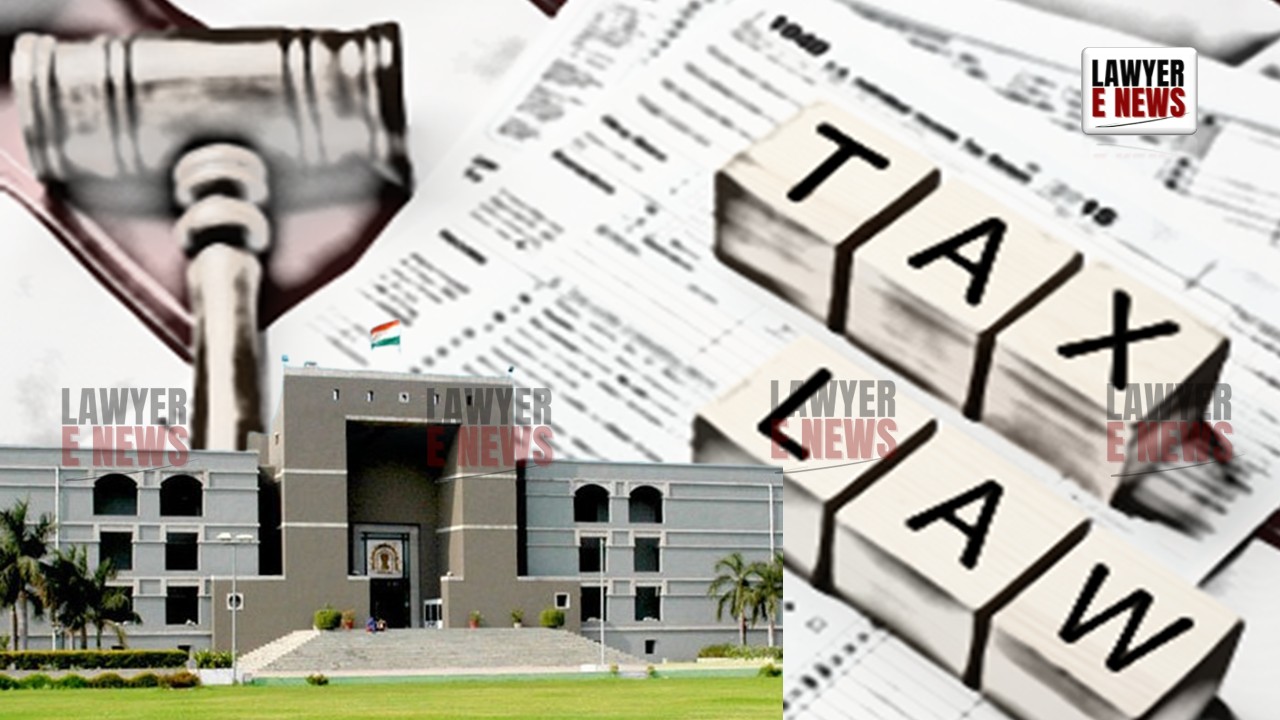-
by Admin
17 February 2026 2:34 PM



“Shipping bills were finally assessed and have attained finality. The Show Cause Notices are therefore without jurisdiction.” — High Court of Gujarat delivered a decisive judgment underlining the limitation period and jurisdictional boundaries of customs authorities under the Customs Act, 1962 and the Drawback Rules, 1995. The Court quashed a series of show cause notices issued in 2016 — nearly seven years after the initial seizure and investigation — terming them "time-barred", “without jurisdiction” and in breach of natural justice.
The case is a landmark precedent clarifying the outer limit for invoking Rule 16 of the Drawback Rules, especially when shipping bills have been finally assessed and duty drawback already sanctioned.
The petitioner, M/s JBS Exports, an exporter of nuts, bolts, washers, and hand tools to Dubai, had their containers seized by customs authorities in 2015 based on an intelligence input alleging mis-declaration of goods (in terms of classification, weight, and value). The dispute centered around whether the goods should be classified under CTH 7308 (scaffolding items) instead of the declared CTH 7318, 8205, etc.
After provisional release of the goods was ordered by the CESTAT, the matter seemingly lay dormant until multiple show cause notices were issued in late 2016 under Rule 16 of the Drawback Rules, demanding repayment of allegedly excess duty drawback.
The petitioners challenged the notices before the Gujarat High Court in 2023, asserting they were time-barred, lacked jurisdiction, and violated principles of natural justice.
The Court critically examined the seven-year delay in adjudicating the show cause notices and held: "Any show cause notice issued after a period of three years from the date when drawback came to be paid cannot be sustained."
The judgment reinforced the principle that Rule 16 of the Drawback Rules, though silent on limitation, must be read in consonance with a reasonable limitation period. The Court relied on earlier Gujarat High Court rulings, notably Pratibha Syntex Ltd. v. Union of India, and emphasized: “Even if the statute is silent on limitation, the Courts can and should read in a limitation period to prevent abuse and protect finality.”
The petitioners had already received duty drawback, their shipping bills were finally assessed, and no appeal was filed by the customs department — all of which attained finality.
“Once final assessment is completed and not appealed against within the statutory period, it cannot be reopened years later under the guise of classification or valuation dispute.”
Court on Abuse of Call Book Mechanism: "No Justification for the Delay"
Interestingly, the Court noted that the Customs Department had kept the notices in the ‘Call Book’ without any intimation to the petitioners, a move which was strongly condemned: “There was breach of principles of natural justice on failure of the respondent authority in not informing or intimating the petitioner about placing the show cause notices in the Call Book.”
The Court criticized the administrative lethargy and lack of transparency, stating that merely placing matters in the Call Book does not toll limitation or confer new powers on the Department.
Department’s Defence Rejected: No Unlimited Time Under Rule 16
The customs department argued that under Rule 16 of the Drawback Rules, especially when fraud or misdeclaration is involved, there was no limitation period, and thus the notices were valid.
However, the Bench rejected this argument outright: “If the Show Cause Notices are based on classification already adjudicated upon and not appealed against, then irrespective of fraud or misdeclaration, jurisdiction under Rule 16 does not revive after unreasonable delay.”
The Court also cited the Supreme Court decision in Kamlakshi Finance Corporation Ltd. to remind the department that: “Quasi-judicial authorities must follow the binding precedents of appellate authorities.”
The Gujarat High Court ultimately allowed the petitions filed by JBS Exports, holding that:
• The show cause notices issued after seven years were hopelessly time-barred.
• The department failed to act within a reasonable period, and its inaction amounted to abuse of process.
• The final assessment of shipping bills had attained finality, and hence reopening the matter without appeal was jurisdictionally flawed.
“The petitioners cannot be subjected to endless litigation after seven years of inaction. The notices are therefore quashed and set aside.”
Date of Decision: 03 April 2025
